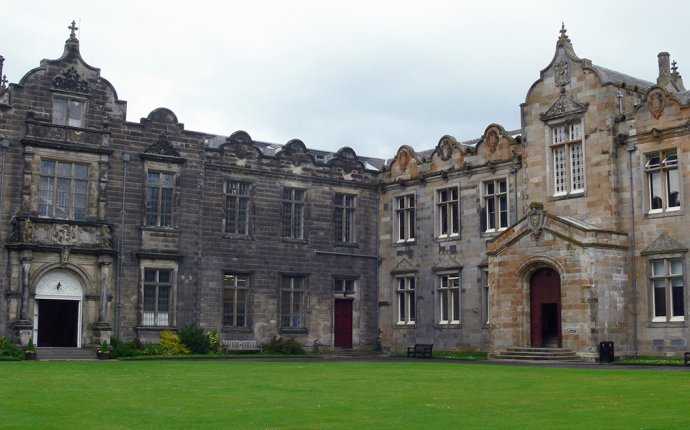
Best Physics universities UK
The study of physical science covers a number of science degrees, including mathematics, chemistry and earth science, in addition to the obvious – physics and astronomy.
The best universities for studying physics, maths, chemistry and related subjects feature in a Times Higher Education ranking of 100 universities.
American universities take 38 places in the ranking, and feature predominantly in the top 10.
Resources: universities by degree subject
- Best universities for arts and humanities
- Best universities for business and economics
- Best universities for clinical, pre-clinical and health
- Best universities for computer science
- Best universities for engineering and technology
- Best universities for life sciences- Best universities for social sciences
Only three institutions in the top 10 are not in the US: Oxford and Cambridge in the UK, and ETH Zurich in Switzerland.
Switzerland, home to CERN – the largest particle physics laboratory in the world – is well-represented in the ranking, with five institutions overall, just behind Germany with nine universities.
The ranking uses the same methodology as the World University Ranking, but with adjusted weightings; more weight is given to citations and less to teaching and research.
Scroll down for a full list of degrees covered by the ranking.
Resources: best universities worldwide
- Best universities in the world
- Best universities in the United States
- Best universities in the UK
- Best universities in Canada
- Best universities in Australia
Top five universities for physics, chemistry and maths
About 50 physics majors graduate from Harvard every year, not counting related degrees such as chemistry and mathematics.
Undergraduates can take advantage of a flexible course structure. Compared with other science majors, the physics course has few compulsory classes.
Many students therefore choose to combine a physics major with mathematics, astronomy, history of science or chemistry.
Even at an undergraduate level students can undertake research projects independently, and work as teaching assistants for some classes.
There is an active social and support community that organises buddies for new students, recreational events and extracurricular lectures in which students have the chance to interact informally with faculty.
For graduate students, the primary areas of research at Harvard are high-energy particle physics, atomic and molecular physics, physics of solids and fluids, astrophysics, nuclear physics, statistical mechanics, quantum optics, mathematical physics, quantum field theory, string theory and relativity.
Approximately half of all undergraduate students at Stanford will take at least one physics course as part of their studies.
These courses serve as essential training for science and engineering majors.
The department offers introductory courses aimed at non-technical majors in addition to highly specialised classes.
Studying chemistry at Stanford is also extremely popular, with a specific track for studies of chemical physics for student with a strong physics and maths background.
Students can major or minor in mathematics, and have the opportunity to participate in an annual math contest for college students, with cash prizes for excellent scores and for outstanding performances by women.
There are many streams for graduates studying physical sciences, from applied physics to biophysical chemistry. PhD programmes take about six years to complete.
The physics department at Princeton aims not only to impart knowledge of the physical universe, but to train students in how to think like a physicist – encompassing intuition, the scientific method, approximation and problem-solving skills.
Programmes on offer include engineering physics, biophysics, computational biology and other more traditional physics courses.
In the department of chemistry, undergraduates are taught in small classes, leading up to an independent senior thesis project. Students receive direct attention from faculty members throughout their course.
About 1, 400 undergraduate students enrol in a mathematics class every year at Princeton, learning the basics of mathematical proof, calculus, number theory, and progressing on to more complex subjects.
Graduate studies in mathematics focuses on independent research from the beginning of the programme, unlike many other doctoral programmes in America.
Cambridge has a long and distinguished history of training and research in physical sciences. Famous names including Newton, Maxwell, Rutherford and more recently Stephen Hawking have all been associated with the university.
Undergraduates must apply for a specific degree course, unlike at American universities, where majors are declared after the first year of study.











